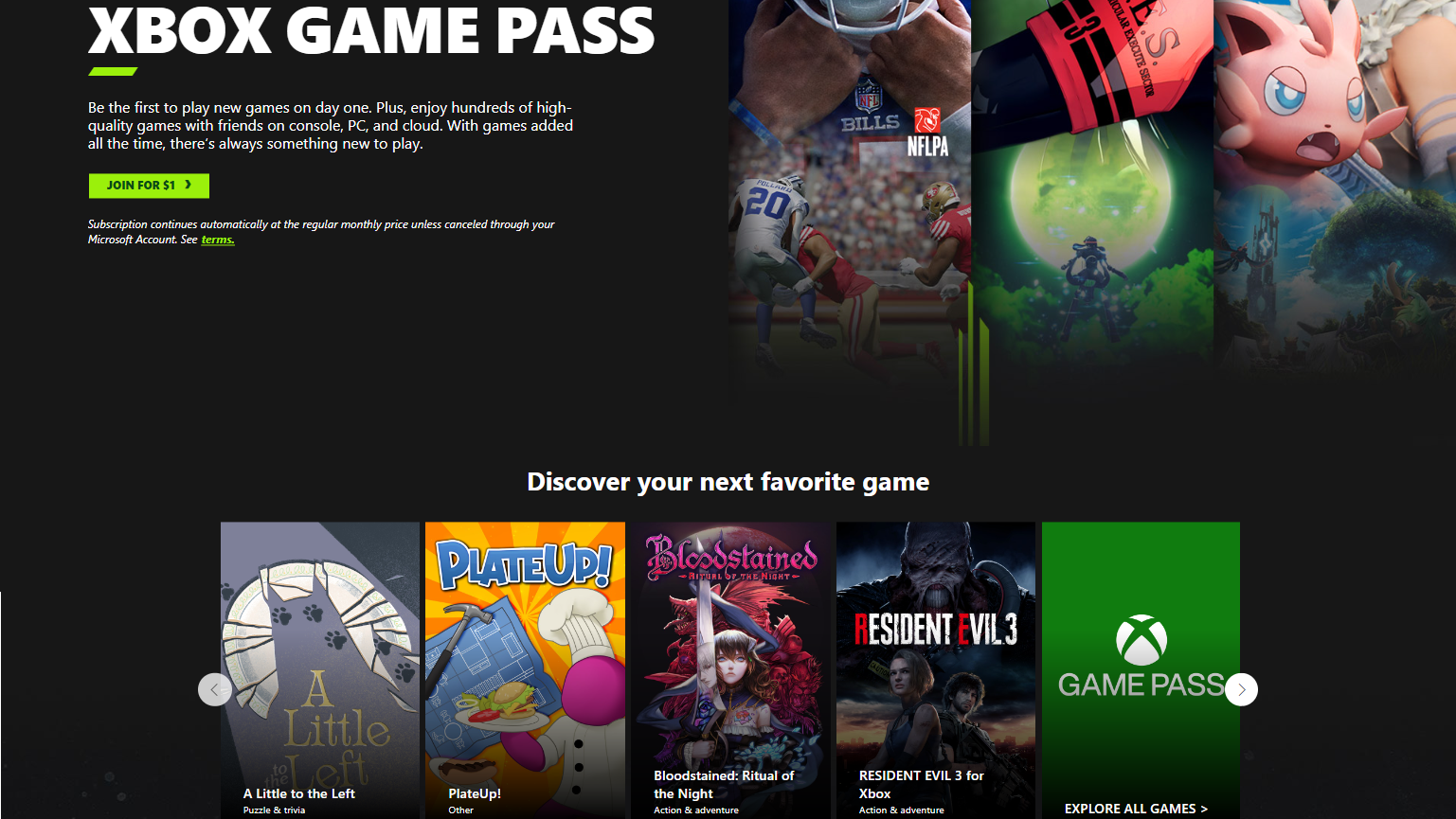
In an interview with Game File that reportedly took place before the recent Xbox podcast, Phil Spencer reaffirmed Xbox's commitment to physical media. This may ring insincere in light of the continued growth of Game Pass for Xbox and PC giving mass access to games for a subscription fee, but Xbox's approach to backward-compatibility does lend some credence to the statement.
The full Game File interview with Phil Spencer covers more than just statements on physical media. Spencer also spoke about the 1,900 job cuts from Microsoft's gaming division, the general uptick in cloud gaming demand, and the slowly-stagnating nature of the current gaming business.
Of the current gaming business, Spencer said, "I don't think we're doing a good enough job finding new players. Let's pick consoles as a good example: we found 200 million global households that will play console games. And that number really hasn't changed in the last five, six years."
"We've raised the price of games. [...] found ways of getting more money per player. I think at some point you reach a peak on that, and frankly, it can go to some places that are manipulative that I'm not a big fan of. The solution is to find new customers [...] through new ways of delivering games to players who can't play those games today, whether that's device, [...] access, [...] price point of video games," he continued.
The three key limiting factors he described — device, access, and price point — are all addressed by Xbox Cloud Gaming, cross-platform porting, and Game Pass's subscription model, respectively. So despite Xbox coming in third place in console hardware, Phil Spencer's "bullish" confidence about Xbox makes some sense — especially with the Activision-Blizzard acquisition in mind. They're hardly in a precarious position.
At least, that's what he seems to be implying by talking about the continued growth of PC and cloud for Xbox. Microsoft's January layoffs included 1,900 job cuts from their gaming division (Xbox and owned studios), and is still severe despite the similar cuts happening industry-wide.
In any case, comments from Spencer and other gaming executives about seeking perpetual growth should be met with some degree of skepticism. The pursuit of excess only works as long as there is still excess to pursue, and Spencer's observation that the console market has more-or-less capped at 200 million households worldwide should serve as a sobering warning to AAA gaming executives — himself included.
Unfortunately, it seems the AAA gaming industry would prefer to undergo mass layoffs after major release cycles or acquisitions rather than tone down executive payouts or their own ambition. For now, Xbox's acquisitions and services on offer put it within a very good place within that industry, and the layoffs, if truly optimal, may have left them in prime condition. Microsoft's continued focus on producing Xbox consoles with physical game discs seem assured — at least for now.







